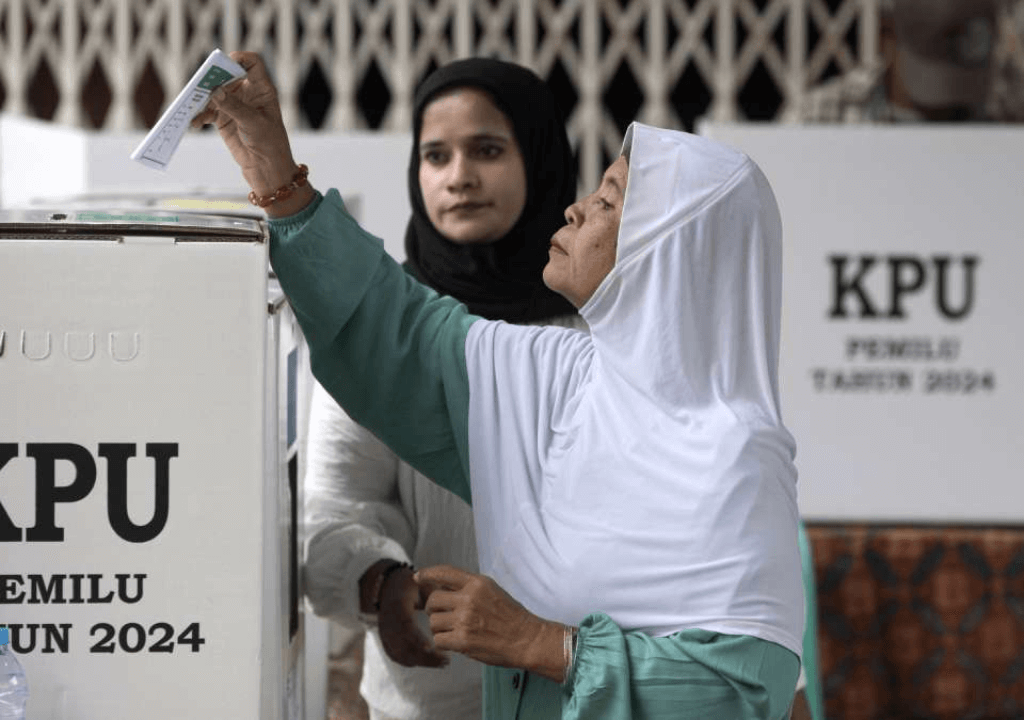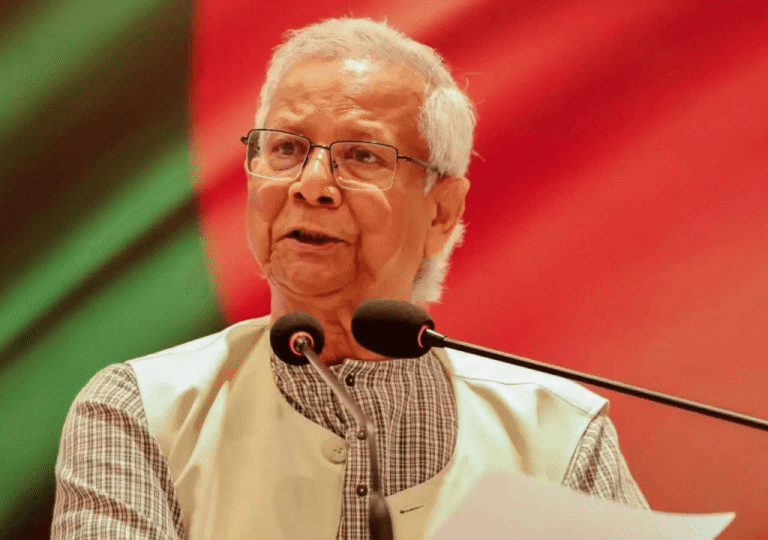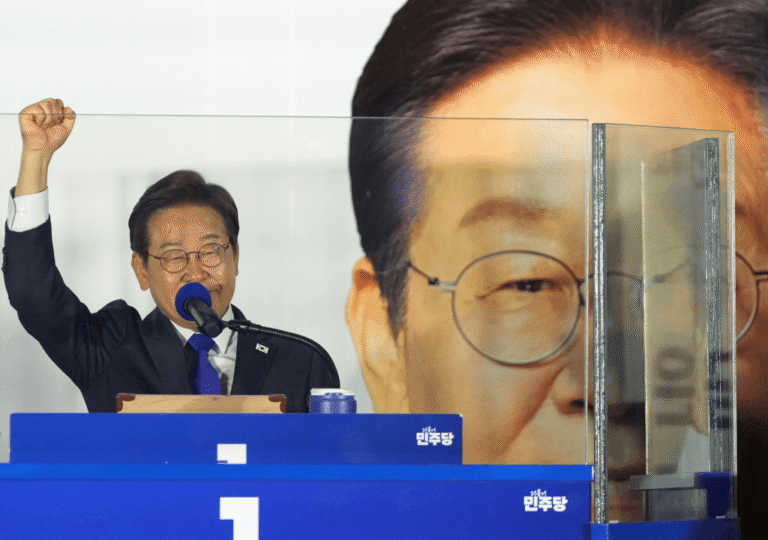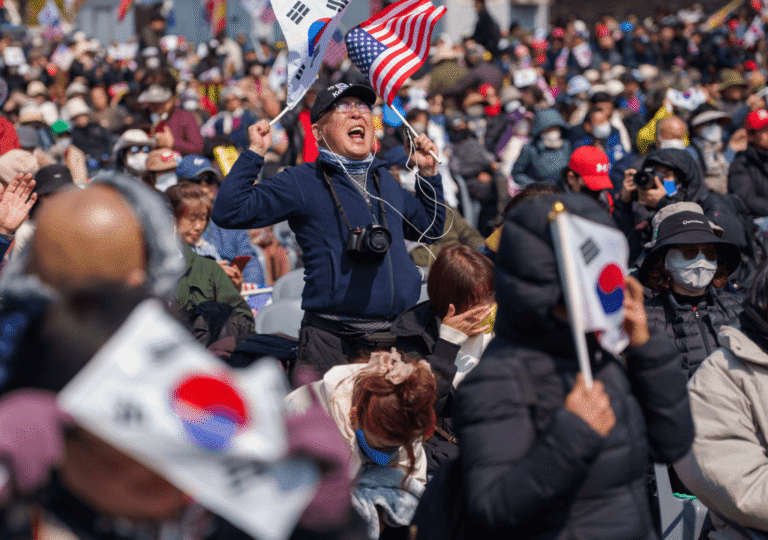After a month-long process of tallying votes, Prabowo Subianto was officially declared the upcoming president of Indonesia. Prabowo, alongside his vice presidential candidate Gibran Rakabuming Raka, clinched a majority of votes on February 14th. According to the official results announced by General Elections Commission Chair Hasyim Asy’ari, Prabowo, a former special forces commander who garnered implicit support from the immensely popular incumbent President Joko Widodo, secured nearly 60% of the vote. Anies followed with 25%, trailed by former Central Java governor Ganjar Pranowo with 16%. Prabowo Subianto was already in celebratory spirits over his apparent victory, particularly after unofficial tallies indicated his lead in the presidential race.
The election outcome was widely perceived as favoring Prabowo due to his ties to the influential ruling dynasty of Suharto, as well as his running mate, the son of the current president, Joko Widodo. The populist appeal of Widodo and the highly effective campaign of Prabowo were cited as justifications for the election result, leading international observers to refrain from criticisms of the election process.
However, Anies Baswedan, the defeated presidential candidate and second-place finisher in the election, who garnered significant support from Islamist groups and a majority from Aceh and West Sumatra, has lodged a legal challenge at the constitutional court to dispute the election outcome. Anies, a former Jakarta governor and Minister of Education and Culture in the Joko Widodo administration, asserted that the aim of the case is to bolster democracy and address numerous flaws in the election process that necessitate correction.
Anies emphasized the significance of both the electoral process and its results, stating, “Where there is a flawed process, there will be flawed results”. He drew attention to various issues in the election, advocating for their resolution to prevent future occurrences.
Anies’s team raised concerns about the widespread distribution of social assistance, such as rice, fertilizer, and cash, in strategic electoral regions, which they alleged influenced voting patterns. However, Indonesia’s current administration dismissed these claims. Moreover, they criticized the constitutional court’s last-minute decision the previous year to amend election regulations, allowing the president’s son, Gibran Rakabuming Raka, to become Prabowo’s running mate. Notably, the chief justice of the court at that time was Widodo’s brother-in-law.
The decision of the Constitutional Court previously ignited considerable controversy, especially given that the court’s chief justice at the time, Anwar Usman, had a marital relationship with Jokowi, the incumbent president. Usman was subsequently removed from his position as chief justice after an ethics council determined that he had unlawfully altered election candidacy criteria, allegedly to benefit Widodo’s son. Despite allegations, Jokowi’s supporters have denied any involvement on his part in influencing the court’s verdict.
In Indonesia, where political dynasties wield considerable influence, such occurrences are not uncommon. The legal team representing Anies Baswedan urged the Constitutional Court to mandate a re-run of the election, excluding President Joko Widodo’s son from the vice presidential candidacy. They argued that his late inclusion unfairly influenced the outcome.
Both losing factions, including Ganjar Pranowo’s third-place team, alleged widespread irregularities in the electoral process, with Ganjar’s team expected to initiate a legal challenge as well. Mahfud MD, Ganjar’s running mate, described the February 14 vote as the “Most Brutal” since Indonesia began conducting direct presidential elections two decades ago, attributing this to interference by state officials. Ganjar emphasized the necessity of the challenge to “Restore the credibility of our democracy”. According to regulations, legal challenges must be filed within three days of the announcement of results.
While Prabowo remains confident and has chosen not to pursue legal action against the opposition, he expressed gratitude to his supporters, including Jokowi, following the announcement of results on Wednesday. He assured the nation of his commitment to lead all Indonesians. Prabowo’s team asserted their readiness to confront any legal challenges with a team of over 30 lawyers. The international community, including world leaders, accepted the outcome and extended congratulations to Prabowo. Chinese President Xi Jinping conveyed his congratulations on Thursday, as reported by Beijing’s state news agency Xinhua. US Secretary of State Antony Blinken also offered congratulations, commending the Indonesian people for their robust participation in the democratic process and their commitment to democracy and the rule of law.








